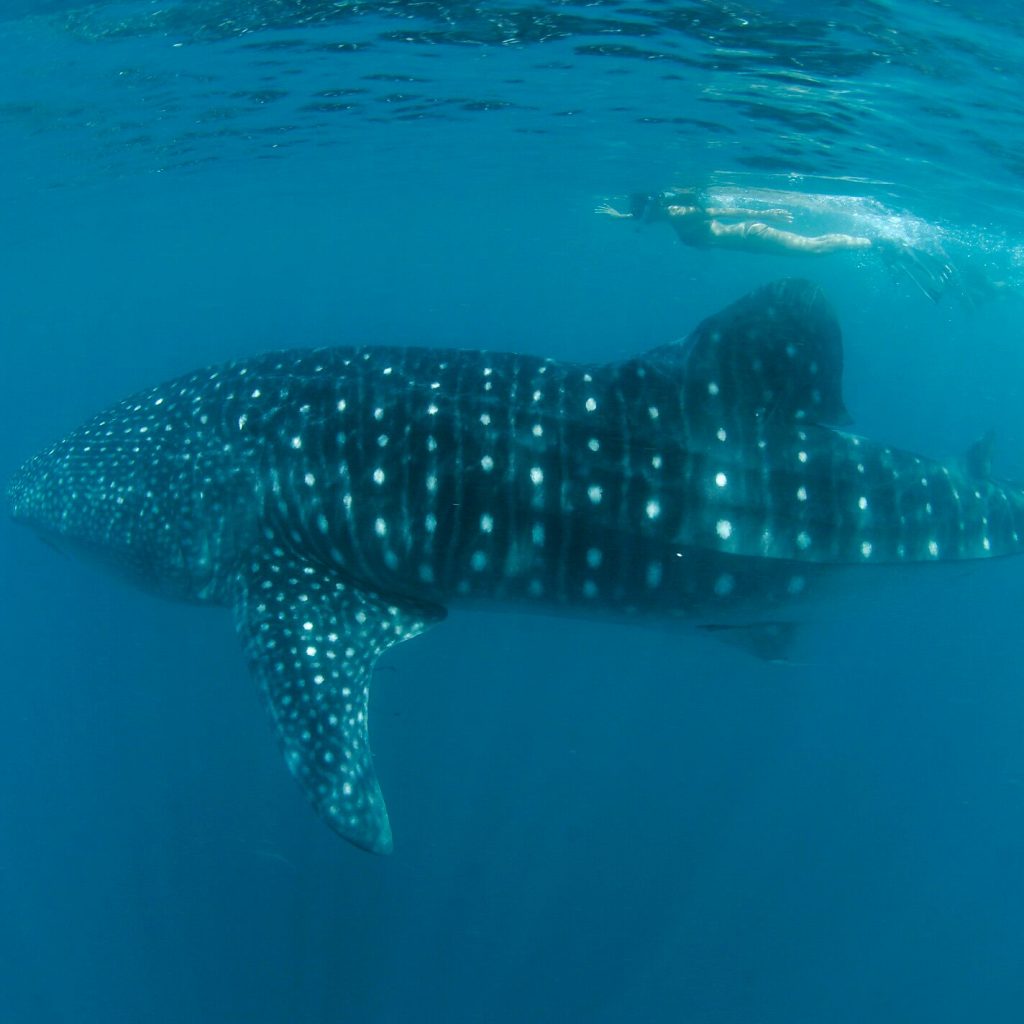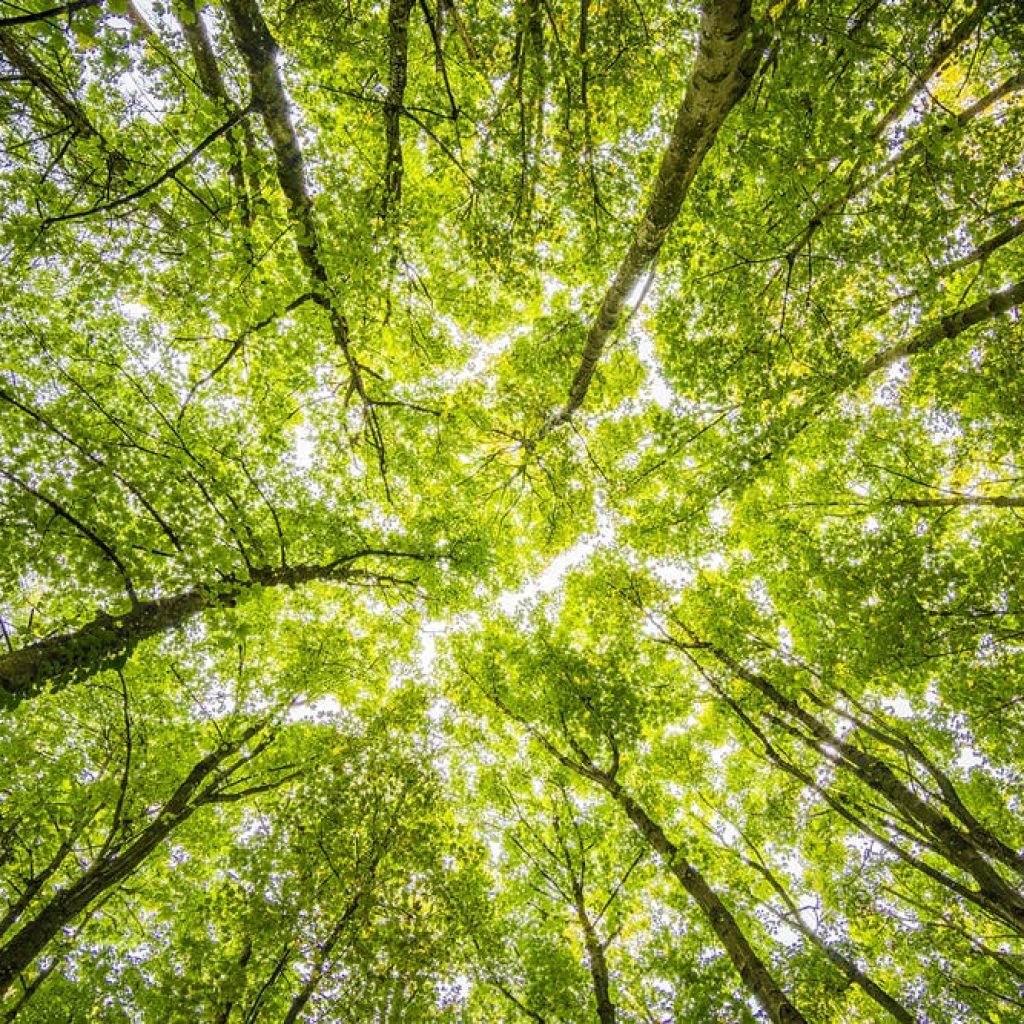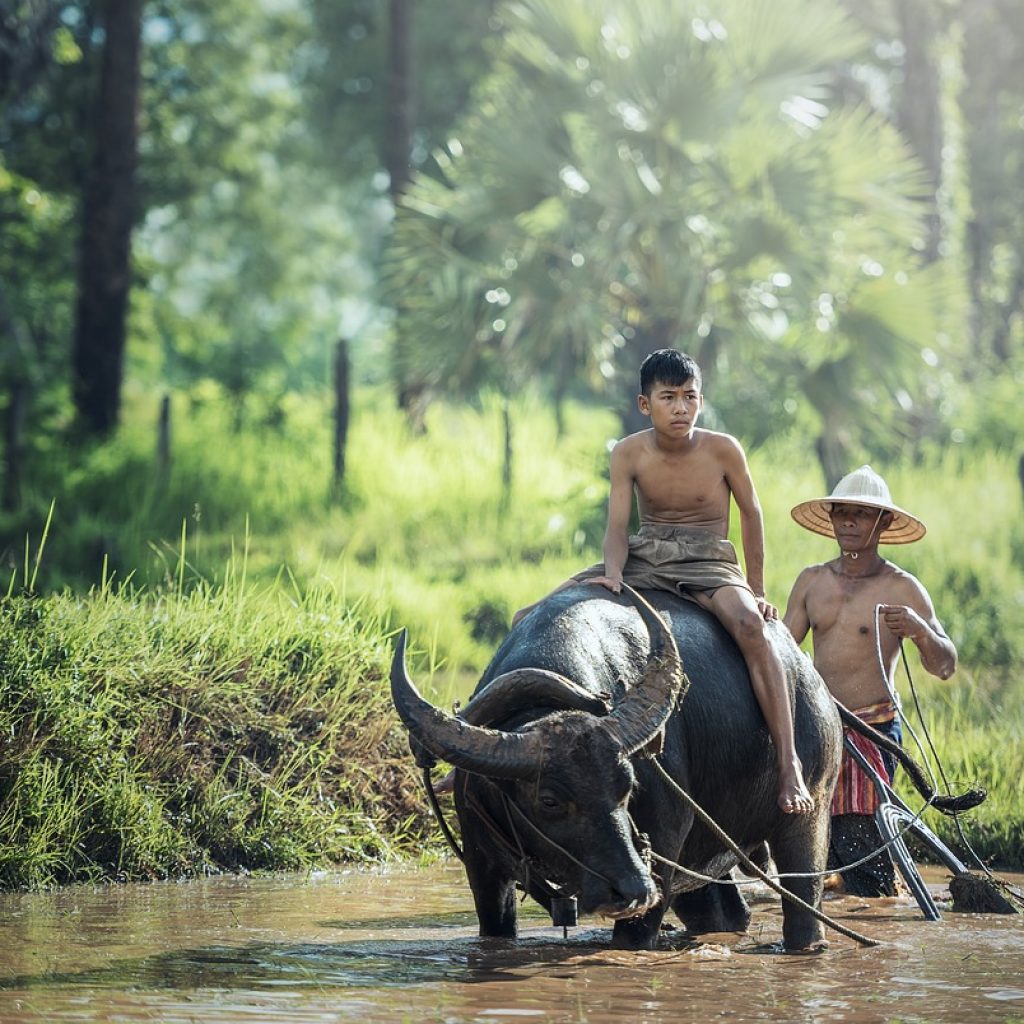The Bicol Region is best known for being the home of the world’s largest fish – the butanding (whale shark) and the majestic Mayon Volcano. It also has the other beautiful natural features like mountains, waterfalls with lush vegetation, and beaches that have grown famous for water sports activities.
The region is located in the southermost tip of Luzon Island. It is bounded by Lamon Bay to the north, Pacific Ocean to the east, and Sibuyan Sea and Ragay Gulf to the west. The northernmost province, Camarines Norte, is bordered to the northby the province of Quezon, thereby connecting the region to the rest of Luzon.
The Bicol Region is composed of six (6) provinces: Albay, Camarines Norte, Camarines Sur, Sorsogon, and the island-provinces of Catanduanes and Masbate.

The Bicol Region is home to both the world’s largest and smallest fishes. Donsol, a fishing town in Sorsogon province, serves as a sanctuary to a group of 40 whale sharks (Rhincodon typus), which are considered as the largest fish in the world. Locally known as “butanding”, whale sharks visit the waters of Donsol from November to May.
Info from Region 5 DENR

The Bicol Region has a total land area of 1,763,250 hectares. Per 2011 Philippine Forestry Statistics, it has a total forest cover of 156,476 hectares.
There is great opportunity to take part in forest restoration and rehabilitation through community engagement and sustainable tourism.
Info from Region 5 DENR

Through ecotourism, we can provide an alternative source of livelihood to locals who look towards other means such as overfishing, dynamite fishing, whaling. We can also provide more awareness for existing ecotourism sites created together with People’s Organizations, and enhance the offers of the destinations for continued tourist visits.
There is also potential for farm tourism for livelihood opportunities, as the Bicol Region has a large amount of rich flat land, and agriculture is the largest component of the economy, followed by commercial fishing.
Info from Region 5 DENR